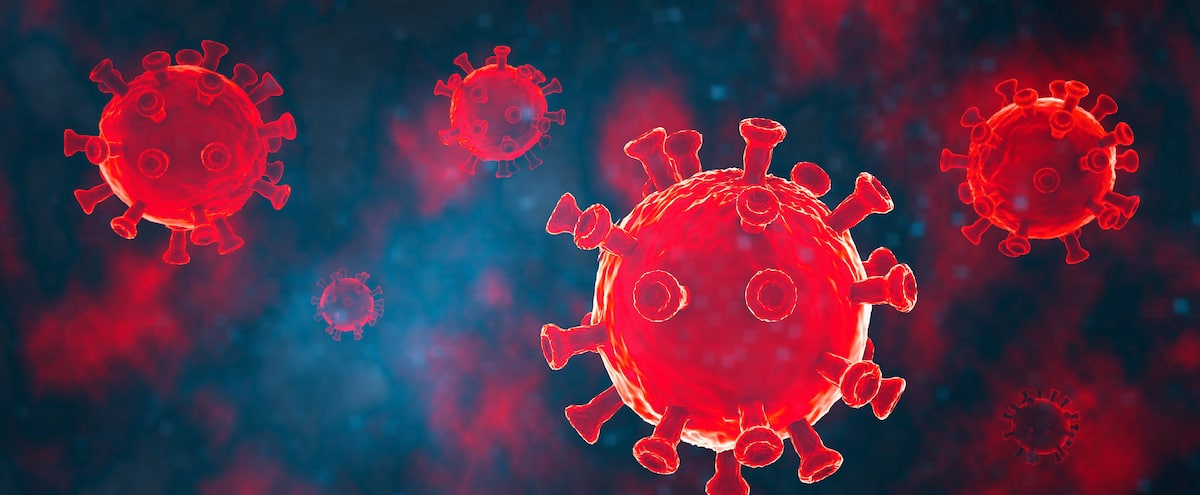A study reports that using an intranasal vaccine as a booster dose helps block infection at the source, which could help prevent person-to-person transmission of the coronavirus.
• Read also: The third dose is important to beat the coronavirus
Currently available Covid-19 vaccines are extremely effective in preventing severe disease and death from the disease, but their ability to prevent infection is less, especially for variants like Omicron, which largely escape detection. action of neutralizing antibodies.
Another contributing factor to this decreased activity against infections is that the antibodies (IgG) that are produced in response to vaccines injected into the muscles are found primarily in the blood, with only a minority reaching the respiratory mucosa of the nose, the main entry point for the virus.
In other words, the current vaccines are essential to train the soldiers capable of neutralizing the intruder after its entry into the body, but they do not however allow these soldiers to post themselves at the point of entry of the virus and block the infection. to the source.
Mucosal immunity
The respiratory mucous membranes, in particular the nasal mucosa, are in direct contact with the external environment and therefore constantly exposed to pathogens present in the air.
These mucous membranes therefore play an extremely important barrier role and have acquired an immune system of their own during evolution, using a form of distinct antibodies (IgA), which act locally to neutralize pathogens.
In the case of the coronavirus responsible for Covid-19, studies suggest that these IgAs play a very important role in preventing infection; for example, it was recently observed that vaccinated individuals who had lower IgA levels in the month following the second dose were more likely to develop an infection(1).
Vaccin intranasal
Intranasal vaccines therefore represent an interesting approach to preventing infections, because they offer protection exactly where it is needed, namely the mucous membranes of the respiratory tract used by the coronavirus to enter the body.
At least a dozen of these types of vaccines are currently in development and the preliminary results are very interesting, with protection against infection by the coronavirus observed in several animals (mice, hamster, ferrets and monkeys).
According to a recent study, intranasal vaccines could be particularly useful when used as a booster, i.e. in people who have already been double vaccinated and therefore have basic immunity against the coronavirus.(2).
The researchers have indeed shown that, in mice previously immunized against the coronavirus, the intranasal administration of a vaccine containing the protein of the spike of the coronavirus induced a strong increase in B and T lymphocytes and levels of IgA at the level of the mucosa, as well as an activation of systemic immunity. This immune response is associated with a marked reduction in viral load and complete protection of animals against lethal virus infection.
This approach is really very attractive given the central role played by mucosal immunity against coronavirus infection and its potential to prevent person-to-person transmission.
(1) Sheikh-Mohamed S et coll. Systemic and mucosal IgA responses are variably induced in response to SARS-CoV-2 mRNA vaccination and are associated with protection against subsequent infection. medRxiv, déposé en prépublication le 2 janvier 2022.
(2) Mao T et al. Unadjuvanted intranasal spike vaccine booster elicits robust protective mucosal immunity against sarbecoviruses. bioRxiv, filed in preprint on January 28, 2022.
–


